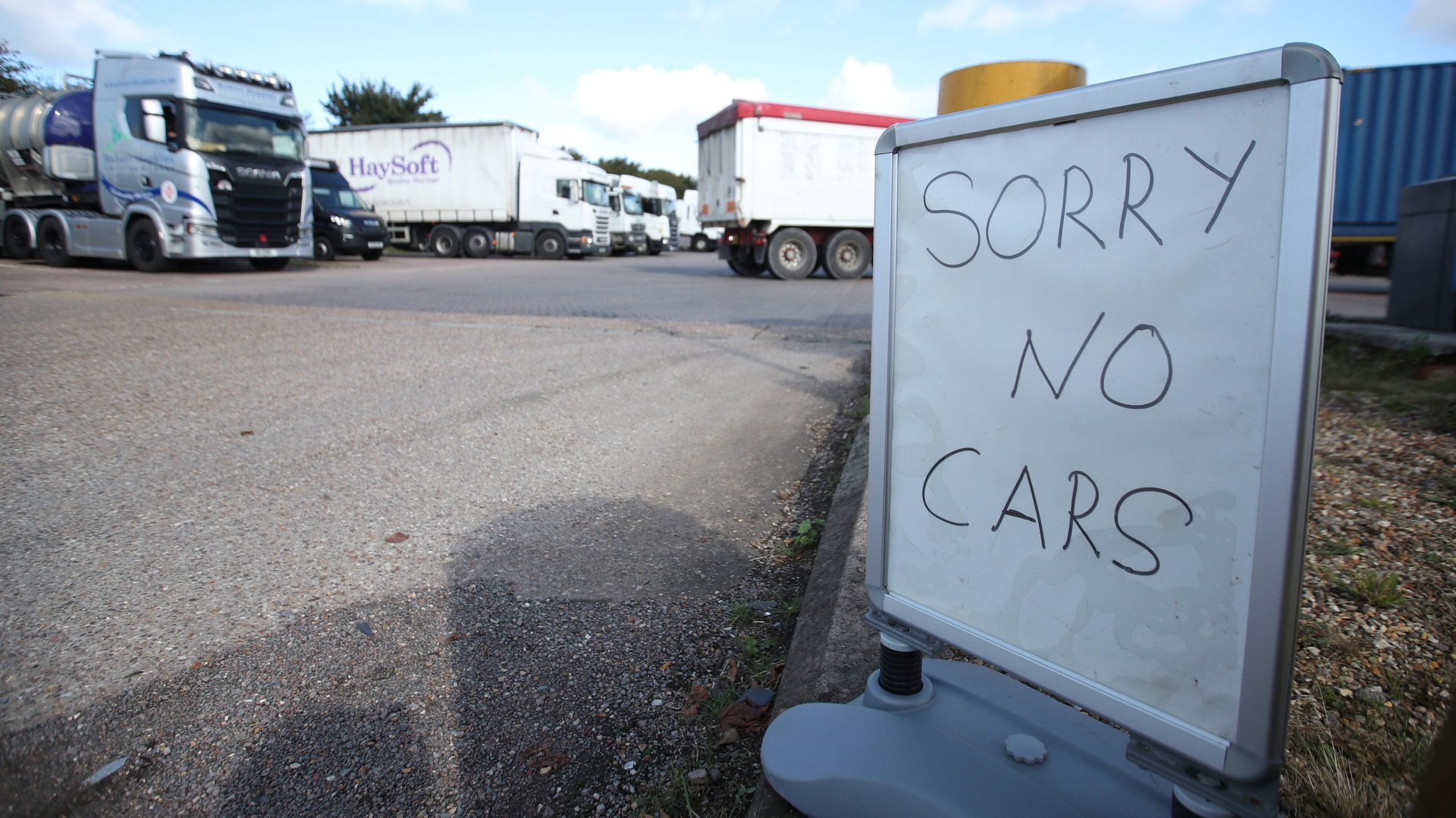COP26 heads to Glasgow even as the UK struggles with energy
For a fortnight in Glasgow, delegates from nearly 200 countries will argue back and forth over the great energy transition—over the political and practical challenges of shifting the world from fossil fuels to renewables.


For a fortnight in Glasgow, delegates from nearly 200 countries will argue back and forth over the great energy transition—over the political and practical challenges of shifting the world from fossil fuels to renewables.
If, at any point, COP26 participants feel too sanguine about these difficulties, they need only look at the country hosting them, and at the debates swirling around its own crisis of energy.
Amidst soaring gas and electricity prices, the UK’s National Grid has warned the likelihood of blackouts this winter has risen. A number of energy suppliers have gone bankrupt, in part because the prices of natural gas contracts have increased by more than 300% since the beginning of the year. Although more than 40% of the UK’s electricity on average comes from renewable energy, there are days in the year when neither sun nor wind can keep up with demand; on those days, natural gas accounts for more than half of the country’s power. To compound the crisis, a shortage of drivers for gasoline tankers saw lengthy queues outside fueling stations, as vehicle owners filled up in a panic.
To those at COP26 who are already fretting about the coming energy transition, these events might offer portents that our society is more dependent on fossil fuels than we realize. And that energy politics will make weaning the world off carbon into a harder, longer process—so much harder and longer, in fact, that it may not happen in time at all.
The world needs more renewable energy, not less
The UK’s energy shortage hit in the middle of a broader, Europe-wide crisis, and it quickly became fodder for critics of an accelerated energy transition (or indeed of any transition at all). In Europe, lawmakers blamed the EU’S climate policies for its power deficits. In the UK, the government found itself under fire for closing several natural gas storage units and for relying too heavily on solar and wind power; one energy industry executive told the Wall Street Journal: “You have to be able to back your system up for when the wind doesn’t blow.” A right-leaning British newspaper, the Daily Telegraph, criticized the government for failing to frack for shale gas and for going off coal. And to those skeptical of renewables elsewhere, such as Australia’s deputy prime minister, the UK’s problems appeared to caution against speedy transitions to net-zero economies.
These political decisions become harder when public opinion is hit by a crisis. In a research note, ING found that consumers in the UK are most worried about spikes in energy prices than in investment into alternative energy sources. If these sentiments occur in a UK that has not yet witnessed any serious power cuts, one might legitimately worry, what could happen if the energy transition throws up shortages that are far more crippling?
But the lesson that COP26’s delegates should take from the crisis, experts say, is to invest even more quickly in renewable energy, rather than regress to the safety of hoarded fossil fuels. The gas shock, in fact, was a signal of how the fossil fuels markets bring volatility to prices, in a way that renewables wouldn’t. And the shortage only highlighted “the nation’s slow transition to lower carbon sources,” Aimee Ambrose, a professor in energy policy at Sheffield Hallam University, wrote.
Growth in the UK’s renewable power capacity fell to a 10-year-low in 2020. “It is the government’s failure to plan ahead by scaling up our zero-carbon energy supply that has left our country so reliant on the international gas market and vulnerable to soaring gas prices,” the opposition politician Ed Miliband said.
And while the transition will no doubt be “bloody hard,” Frans Timmermans, the EU’s top climate official, said in a mid-crisis speech, he believed public opinion was behind it. “Our population will support this, even if for individuals this means a sacrifice, if we can manifestly show that the sacrifice leads to results, and that the burden is shared in an equitable and solidarity based way,” Timmermans said, as if addressing COP26 a month early. “That is going to be the big challenge.”